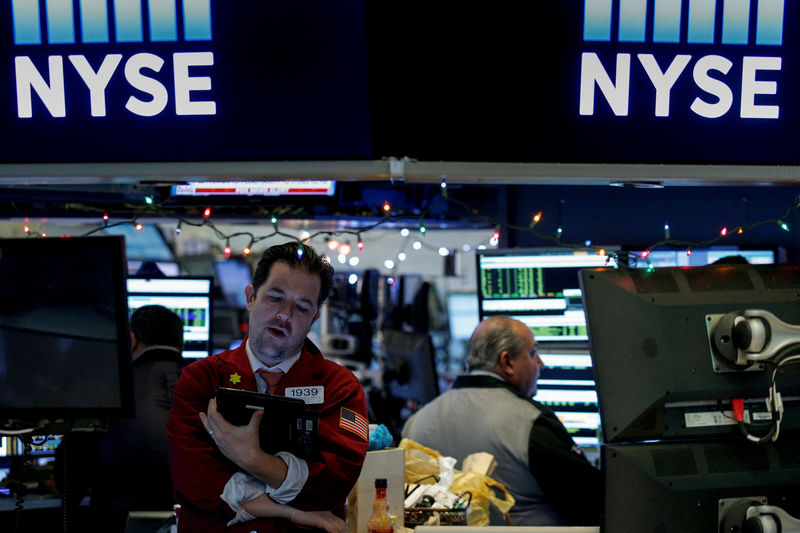Woodside Energy Group Ltd (ASX:WDS, LSE:WDS, OTC:WOPEF) has emerged as the only Australian company to participate in the Oil and Gas Decarbonisation Charter at the COP28 climate summit. The charter, aimed at accelerating methane emissions reduction, includes major industry players like BP (LON:BP), Shell (LON:RDSa), TotalEnergies, ExxonMobil, and Saudi Aramco (TADAWUL:2222) among its 30 signatories.
This collective commitment marks a significant push towards ending routine flaring by 2030 and achieving near-zero upstream methane emissions. The group, which represents a third of the world's oil and gas output, has also consented to an independent methane emissions tracker, built with $US40 million ($60 million) of funding from US billionaire Michael Bloomberg’s philanthropic fund.
Fred Krupp, president of the Environmental Defence Fund, highlighted the increased scrutiny and accountability this initiative will bring to companies in fulfilling their emission reduction pledges. However, doubts remain among climate activists. Zero Carbon Analytics criticized the charter for reiterating previous commitments and noted the absence of key industry players like Chevron (NYSE:CVX) and ConocoPhillips (NYSE:NYSE:COP).
Woodside's involvement is particularly noteworthy, considering its previous reluctance to join similar initiatives. The company reported methane emissions at 0.1% of its production volume last year, surpassing the international benchmark of 0.2% for 2025.
However, the company has come under fire from activist shareholders for doubling down on oil and gas production and for indicating that its gross carbon emissions (before offsets) would not fall materially until the 2030s. Despite the criticism over its carbon emissions trajectory, Woodside is committed to developing a comprehensive emissions reduction plan this year.
Urgency in addressing methane emissions
Tim Gould, chief economist at the International Energy Agency, emphasized the critical role of the oil and gas sector in reducing methane emissions, which are significantly more potent than carbon dioxide in terms of global warming impact. US climate envoy John Kerry reinforced the urgency in addressing methane emissions to meet global temperature rise targets.
The charter's focus on production process emissions, while crucial, has been critiqued for not addressing the broader issue of emissions resulting from fossil fuel consumption. The initiative comes amid a broader global commitment to reduce methane emissions, highlighted by the US's recent pledge to cut methane emissions by 80% by 2038.
